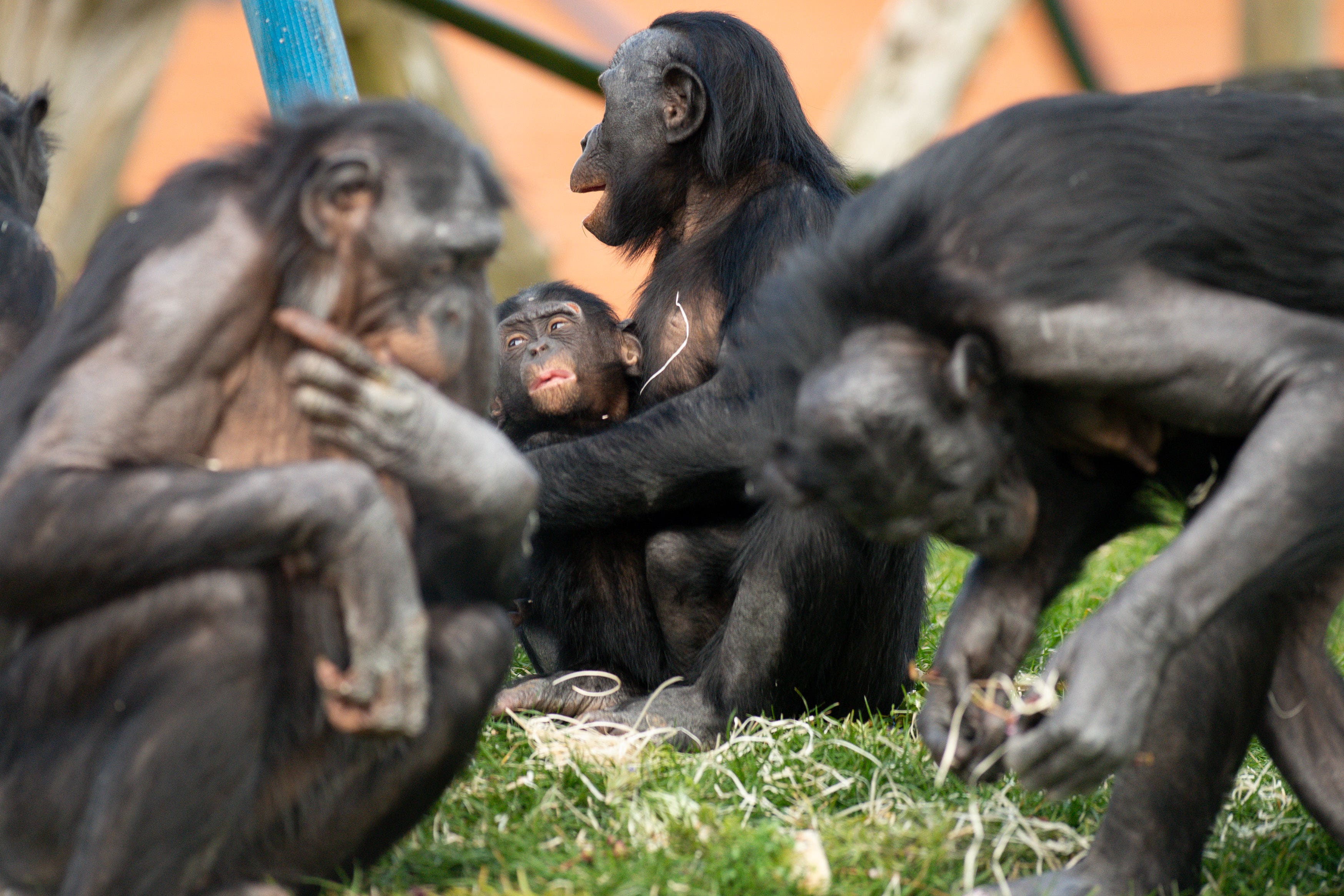Male masturbation may increase chances of having offspring, scientists say
Research on primates suggest the act of self-pleasure also reduces the risk of contracting STIs.

Your support helps us to tell the story
From reproductive rights to climate change to Big Tech, The Independent is on the ground when the story is developing. Whether it's investigating the financials of Elon Musk's pro-Trump PAC or producing our latest documentary, 'The A Word', which shines a light on the American women fighting for reproductive rights, we know how important it is to parse out the facts from the messaging.
At such a critical moment in US history, we need reporters on the ground. Your donation allows us to keep sending journalists to speak to both sides of the story.
The Independent is trusted by Americans across the entire political spectrum. And unlike many other quality news outlets, we choose not to lock Americans out of our reporting and analysis with paywalls. We believe quality journalism should be available to everyone, paid for by those who can afford it.
Your support makes all the difference.Masturbation could increase a male primate’s chances of having offspring, new research has suggested.
Analysis by University College London (UCL) said the act of self-pleasuring may help with successful fertilisation by increasing arousal before sex.
The scientists also said ejaculating after masturbation helps shed low-quality semen, leaving fresh sperm available for mating.
The researchers added it may also reduce the risk of contracting sexually-transmitted infections (STIs).
However, the scientists said the benefits of female masturbation – from an evolutionary perspective – remain less clear.
Lead researcher Dr Matilda Brindle said: “Our findings help shed light on a very common, but little understood, sexual behaviour and represent a significant advance in our understanding of the functions of masturbation.”
Masturbation is common among animals but is thought to be more prevalent in primates, including chimpanzees, apes and humans.
The study, published in the journal Proceedings of The Royal Society B, focused on primate animals, both wild and captive.
Dr Brindle and her colleagues gathered information from 246 published academic papers and 150 questionnaires, with the aim to understand when and why masturbation evolved.
They also analysed personal communications from primate experts and zookeepers.
Findings suggest masturbation was most likely present in the common ancestor of humans and all other primates.
The researchers propose a hypothesis that suggests masturbation without ejaculation can increase reproductive success by aiding successful fertilisation.
They also say that ejaculating after masturbation may allow males to get rid of low-quality semen, leaving fresh sperm available for mating.
The team also proposes a second hypothesis which suggests masturbation reduces the chance of contracting an STI after sex.
The researchers said semen from sexual self-gratification can cleanse the urethra – the tube that removes semen and urine from the body, which is also the main site of infection for many STIs.
Dr Brindle said: “The fact that autosexual behaviour may serve an adaptive function, is ubiquitous throughout the primate order and is practised by captive and wild-living members of both sexes demonstrates that masturbation is part of a repertoire of healthy sexual behaviours.”